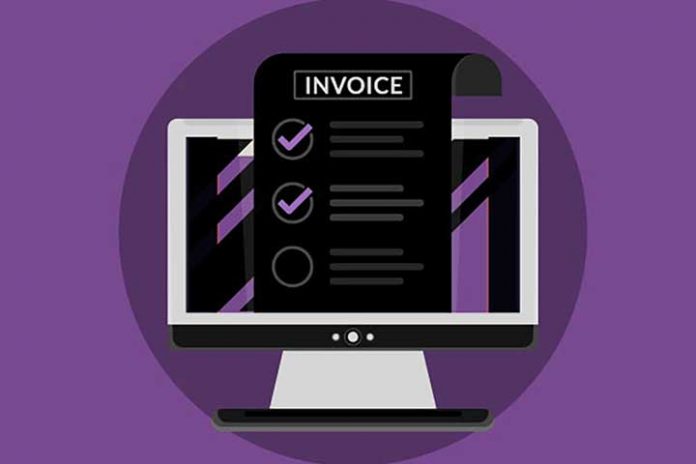Currently, all companies have to get started to implement electronic invoicing and digitize invoices, although it is not yet mandatory for all or there are exceptions.
Why is electronic invoicing so important?
Waiting until the last minute to be informed about it and to start using it can be of great risk for the company (financial losses, sanctions, etc.). Organizations have to anticipate change and not wait for it to be mandatory because, in that case, there will be no capacity to react and they will be prey to a lack of time and information to choose the right tool .
Why switch to electronic invoicing?
These are its benefits:
- Reduces invoice management cycle time .
- Reduce human error.
- Eliminate unnecessary costs like printing and postage.
- Make it easy to access your bills, anytime, anywhere.
- Securely store invoices and reduce the physical space required to file paper documents.
- Provide better customer service.
- Reduces the impact on the environment.
- Contributes to the fight against document fraud.
- Improves invoice management
- Contributes to the Digital Transformation of the company and the financial function.
Existing challenges
In addition to the practical benefits mentioned above, there are others linked to the economic part of electronic invoicing that are even more important than the savings that can be made in terms of printing costs or sending documents.
However, in order to reach the full use of electronic invoicing, we must overcome certain challenges that arise today related to different aspects:
SMEs:
SMEs must understand and assume that, as they are the majority of the business fabric, they are the main actors called upon to implement electronic invoicing, despite the fact that they consider that it is not something for their entity and that it is only reserved for large companies.
Citizens:
Citizens must accept this new billing format, understanding that its use is beneficial for companies for various reasons.
Interoperability:
the interoperability of the electronic invoicing systems of the different countries in order to be able to support the interrelation and commercial growth worldwide.
The traceability and reliability of each document
It is important to note that, by having digital documents, companies will have greater data reliability , document archiving security and traceability to know where they are located and each action that was made on them.
Today, an invoice is no longer defined by its medium, but only by its content. In other words, an electronic invoice, whatever its format (PDF, XML, etc.), and a paper invoice with the same information have the same value and must be recorded in the same way. However, several criteria must be met to guarantee the authenticity of the origin of the invoice, the integrity of its content, as well as the legibility of the latter.
Also Read: Corrective Invoice: What Is It, And When Is It Used?

